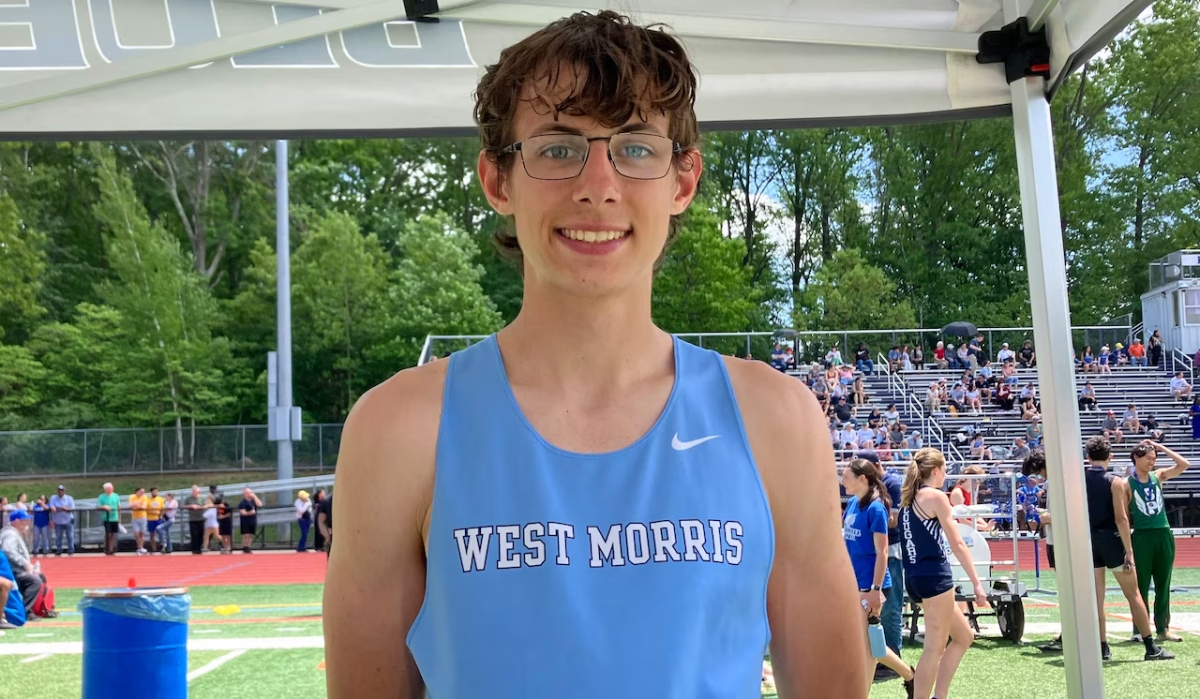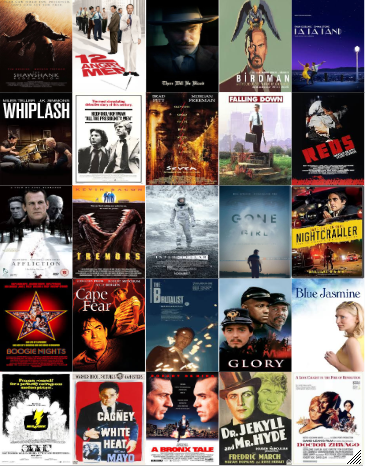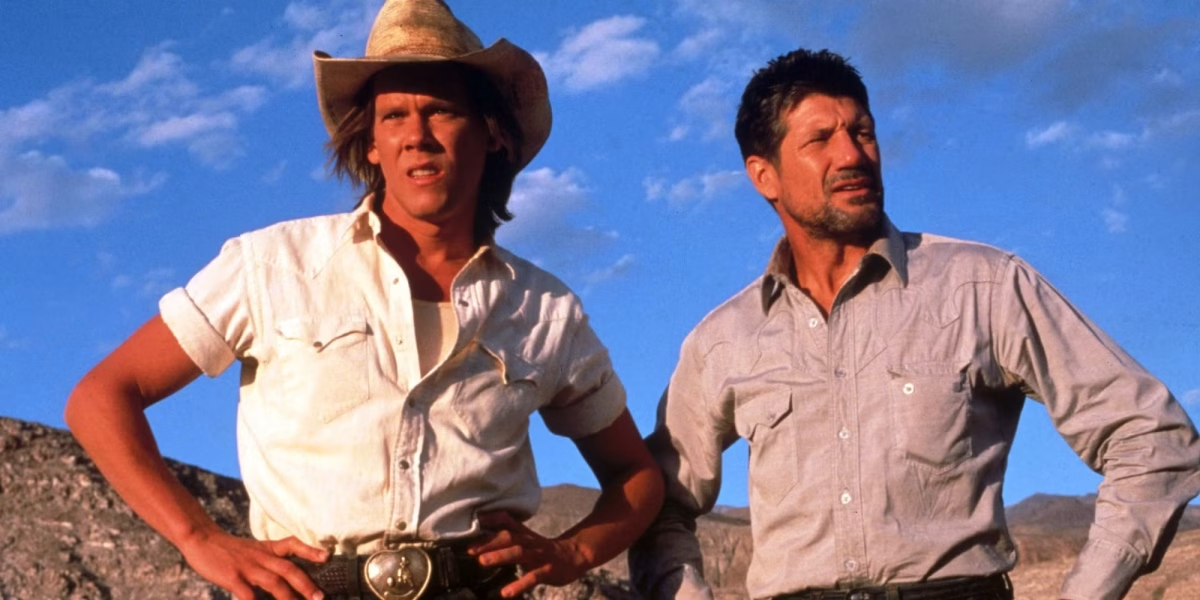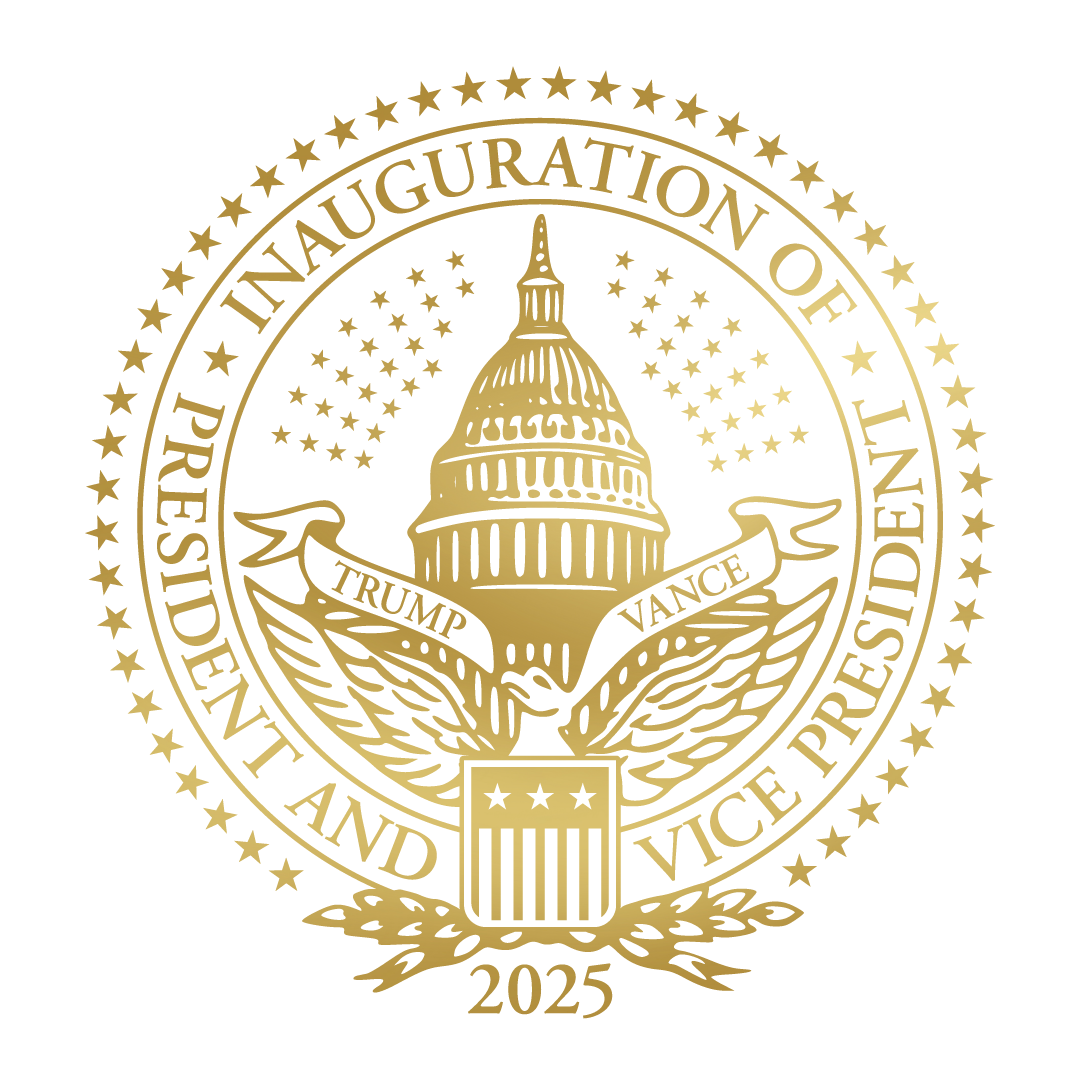On February 28, an organization called for Americans to stage an “economic blackout” as a form of national boycott, and Americans were urged not to shop for 24 hours. But how was this protest created, and what were its effects?
This boycott started on social media, where John Schwarz, commonly known as “J,” founded the People’s Union USA. The organization gained traction on Instagram in early February. This organization’s website says that it aims to “take back control of our economy, government and future of our country.” To do this they are attempting to resist and expose the corruption of power in the government, companies, and large industries.
Founder John Schwarz does not name himself as a politician, nor an activist, but as someone who lived through struggle and saw average, working Americans be exploited by billionaires who control them.
So beginning at midnight on February 28, many American consumers avoided buying from major companies or retailers to protest businesses that do not give their employees proper wages or treatment, and especially those who are rolling back diversity, equity and inclusion initiatives. This boycott also coincides with the protests against President Trump’s plans to reduce the government workforce. Many people in the United States and worldwide stuck to shopping from local and small businesses and paying with cash.
This event did not have any significant impact on the economy or ruin the income of big businesses, yet that was never its purpose. Schwarz claims in a recent Instagram post that the boycott was “an opportunity to unite” the American people, and an act that was “a great stand of resistance” against forces that are often unjust.
The People’s Union USA is planning more boycotts that target specific companies. For example, from March 7-14, the organization is encouraging people to not purchase from Amazon and all of the companies Amazon owns. In a recent post, Schwarz said that “it’s all eyes on Amazon,” which sums up the purpose of these protests. The union understands that this longer, more specific boycott will only have microscopic effects on the revenue of Amazon, but it will certainly be successful in gaining attention from those in power.
But what does this boycott, and the People’s Union USA in general say about the power of social media and its influence on people’s political opinions?
While the People’s Union USA was successful in spreading its message to many people, it faced a lot of backlash on different platforms from people claiming that it is not a real organization and is sharing false information. Opposing views are to be expected, yet the discussion of politics on social media often hurts people because these arguments are blown out of proportion.
When asked about social media’s role in politics, Rose Mestrandrea, a sophomore at West Morris Central says that “it’s making things too aggressive.” So will these boycotts remain peaceful protests, or will those with different opinions attempt to escalate the situation?
Additionally, the communicative power of social media is often abated because people only acknowledge views they believe in. West Morris Central history teacher Mr. Nicolosi claims that “we’re in echo chambers, and nobody’s taking in different points of view or reasons why these events occur.”
Ultimately, it is definite that the People’s Union USA will continue spreading and advocating for its message with future protests. The group posted a video on Instagram summing up their cause, stating, “We the people will not wait any longer. We stand in solidarity to honor the past and carve a new path for the future.”
































